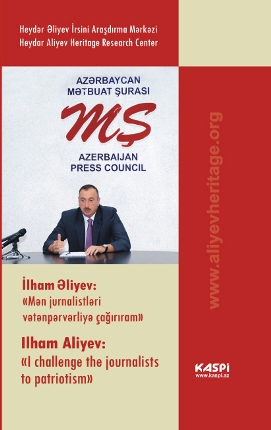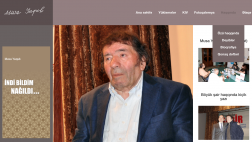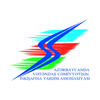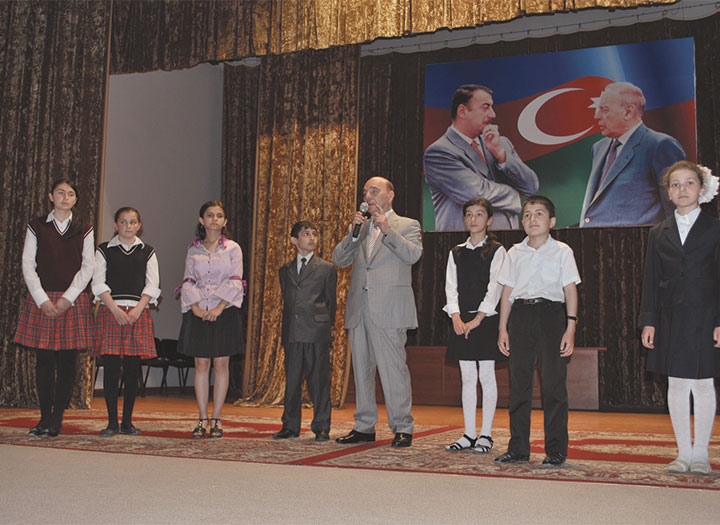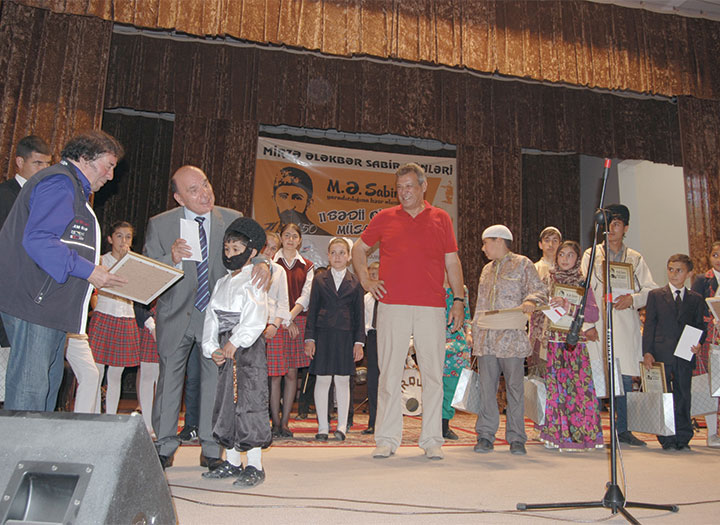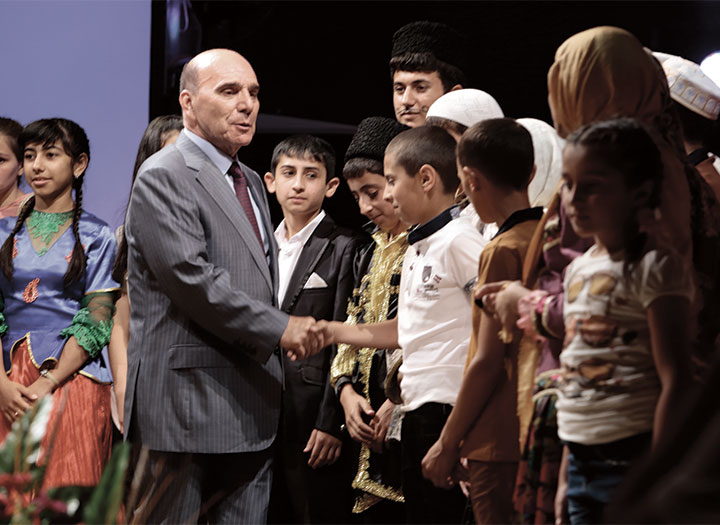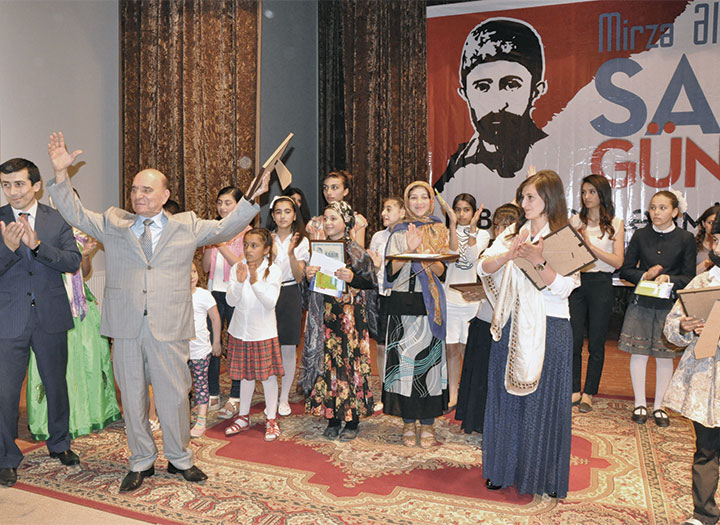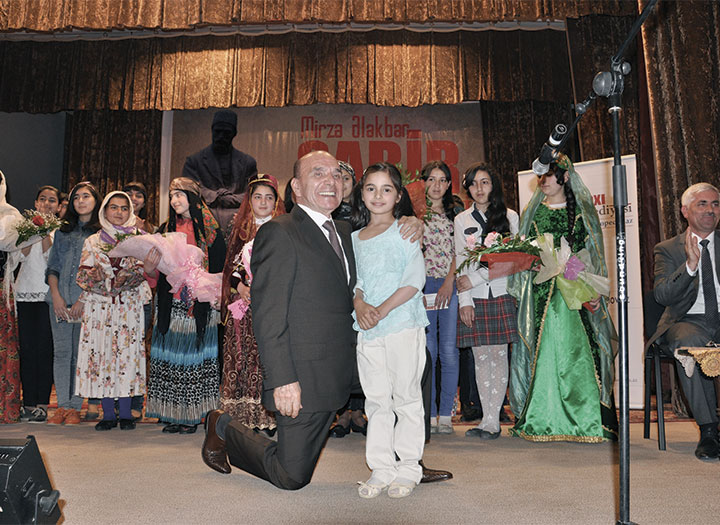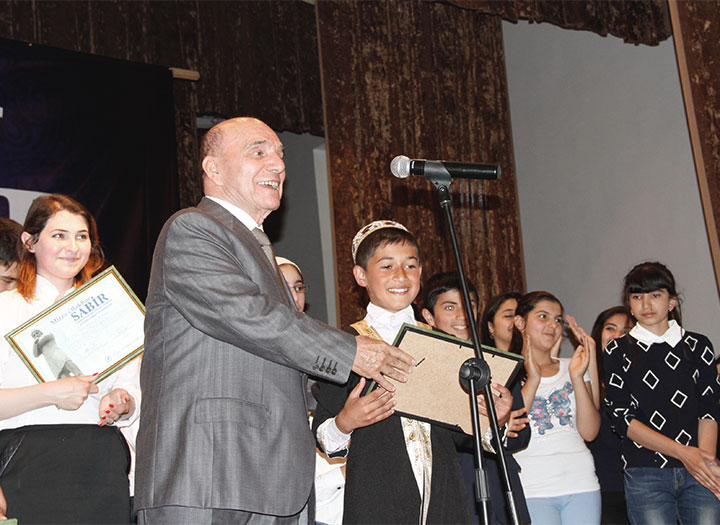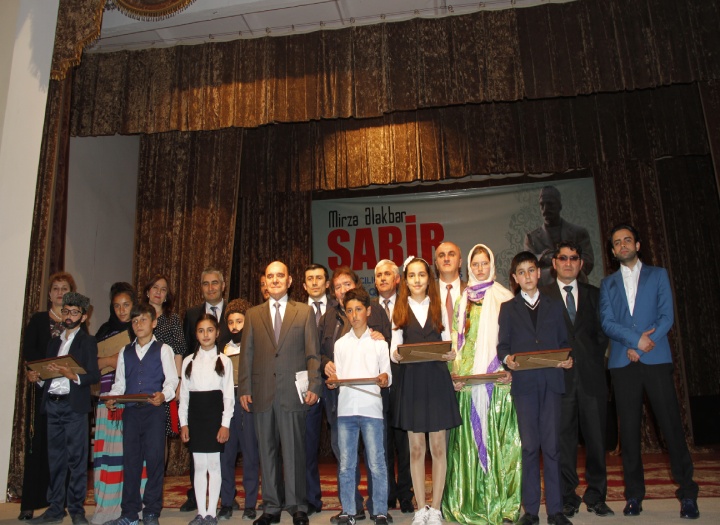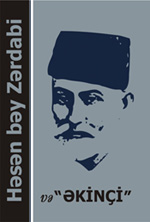 In difference from the Soviet times, the TV is not a subject to stage by stage preventive censorship: inspection of the Kremlin administration is restricted by plots with direct meaning to make a decision. Concerning the rest, there is a relative pluralism on the Federal channels as they often suggest controversial to each other points of view on any event in various programs.
In difference from the Soviet times, the TV is not a subject to stage by stage preventive censorship: inspection of the Kremlin administration is restricted by plots with direct meaning to make a decision. Concerning the rest, there is a relative pluralism on the Federal channels as they often suggest controversial to each other points of view on any event in various programs.
A zone of estrangement
If the Russian TV has turned into “a communication tube with one way direction” broadcasting with information from state to people (i.e. they function to propagandize), then the printing media, theoretically, could be an institute to ensure with public control and accountability to state authorities.
Moscow’s daily newspapers of not tabloid content with the editorial politics independent from state expose a picture of life radically different from that of “TV channels’”. The matter is not in just critical opinions and comments; newspapers and TV channels have different news priorities, different news makers and events. Serious, professional journalists are capable to gain important information with political meaning even in conditions of closed authorities. However, we can hardly say that relations among these editions and state are set as in a democratic sample.
Though important information may still appear on newspaper pages, it does not provoke any reaction – as the printing media has in practice no feedback connection either with the society or authorities. The problem is that mass media as they are can not function as a public control without cooperation with other democratic institutes. In situation with neither opposition, independent parliament nor court, influential citizens – activists, nor organizations, i.e., making all the institutes vapid, except the president’s power, newspapers operate in an empty public space with no possible resonance. Publications turn to be separate calls completely ignored by authorities.
Here are just several examples of newspaper materials which in other conditions with political competition and operating democratic institutes available, could become subjects for wide discussion and in result make those people taking decisions accountable before the society: as on reasons investigation of people dying during an operation on hostages salvation in Dubrovka; facts on the Beslan tragedy ignored by the Federal Commission of MPs; publishing of the financial scheme of “Yuganskneftgaz” purchased by the Company “Baikal Finance Group”; material about Moscow’s City Court whose chairman requires the judges to fulfill his instructions while decisions making.
A zone of dissociation
The problem of isolation of printing mass media is not only because of no system of democratic institutes existing. Newspapers do not have public resonance because of little circulations; cancel of subscription system and no habit for newspapers regular reading existing any longer. That “alternative reality” which appears on newspaper pages remains unknown by the majority of citizens because the printing press has completely been separated from TV. Already several years ago newspaper journalists from independent editions appeared on screens and participated in political discussions. Today, that happens no longer and radical breach between newspapers and TV excludes the same opportunity for a public respond.
Dissociation touches upon not only interrelations of printing media with internal word whether it is a society or a state. This is also an internal struggle for the daily editions themselves. Low circulations and no influence prevent formation of a professional competitive sphere. The journalistic department is not obliged to keep with corporative solidarity. There is no cooperation in the department either which would force journalists work at an actual theme together, joining their colleagues’ initiative and getting in it deeper.
Similar event took place in Russia during the tragedy on “Kursk” submarine when lying of the responsible people instigated journalists to unite professional efforts, at that even TV took part in it as well. Till the moment of tragedy in Beslan there were no resources left for similar collective effort because pressure from state and self censorship had completed their affairs.
A zone of patronage
In this situation the printing press turns to be inevitably marginal and vulnerable for state restrictions. But even at that the space of independent mass media has become to get thinner; we may not say that they do not care about freedom of speech in the Kremlin at all.
The political system has considerably cut down the feedback channels thus making it essentially difficult to run the country. This problem understanding has evidently become one of the reasons for creating a Public Chamber which, in particular, has gained credentials to observe freedom of speech keeping.
At the same time, statements made by the Chamber members prove their intention to sooner observe the press than to protect it from state interference. They have already sounded intentions to clear up mass media from anti-social and anti-state publications, and also to introduce some standards to make xenophobic statements appear impossible in mass media. Members of the Chamber, perhaps, are ruled with good aims, but the suggested measures are directed to restriction but not to freedom of speech protection. Then, when they speak certainly about protection for journalists from authorities, they mention about local editions, TV channels and authorities. A member of the Chamber – the journalist Nikolay Svanidze when faced self actions on the Volgograd newspaper (closed for publication of a cartoon calling to religious tolerance), advised “editors of all the newspapers to seat quietly as a campaign is being carried out. They are carrying out such a campaign that one may just get into a scrape. You are better not touch upon this theme in newspapers for the time being”.
Mariya Lipman, the Moscow Karnegy Center
